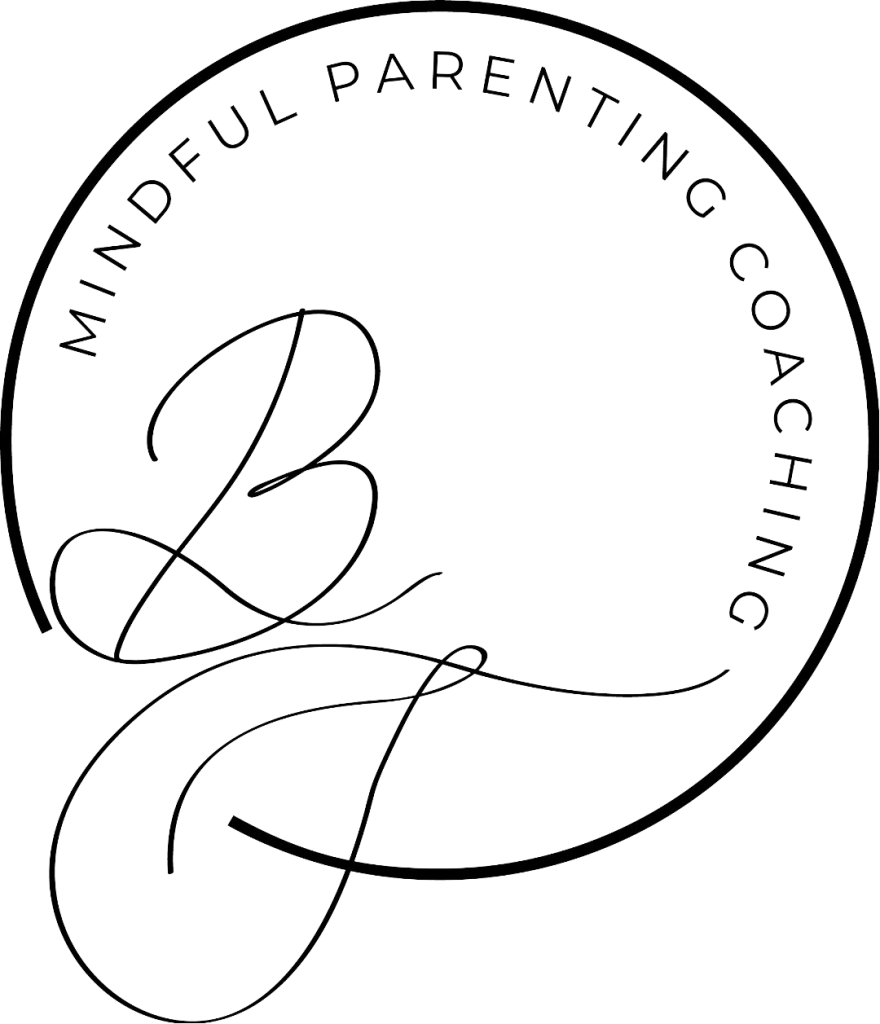FAQ
FAQ's
It is important to recognize that hitting a child is never an acceptable form of discipline.It can have harmful effects on a child’s emotional and physical well-being. If you find yourself hitting your child, it is important to take immediate steps to stop this behavior. Here are some strategies that can help:
1.Take a break: If you feel yourself becoming angry or frustrated, take a break and remove yourself from the situation for a few minutes to calm down.
2.Practice mindfulness: Practice mindfulness techniques, such as deep breathing or meditation, to help you stay present in the moment and regulate your emotions.
3.Seek help: Reach out to a mental health professional or parent coach for support and guidance in managing your emotions and developing positive parenting strategies.
4.Communicate effectively: Use clear and assertive communication to express your needs and feelings, and to set appropriate boundaries with your child.
5.Learn new parenting strategies: Educate yourself on mindful parenting strategies, such as positive discipline, and practice using these techniques to manage your child’s behavior.
Remember, stopping the behavior of hitting your child is a process that takes time and effort. It is important to seek support and guidance when needed, and to consistently practice mindful parenting strategies, to create a safe and nurturing environment for your child to grow and develop.
Yelling at a child can be a harmful form of discipline, and it can have negative effects on their emotional and mental well-being. If you find yourself yelling at your child, it is important to apologize and make amends by acknowledging your behavior, expressing your regret, and working to repair your relationship.
Practicing mindfulness can help you stay present in the moment, regulate your emotions, and reduce stress and anxiety. Here are some steps to practice mindfulness:
1.Find a quiet place: Find a quiet and peaceful place, where you can focus on your breath and thoughts without any distractions.
2.Sit or lie down comfortably: Sit or lie down in a comfortable position with your eyes closed or open, depending on your preference.
3.Focus on your breath: Focus on your breath as it flows in and out of your body. Notice how it feels as it enters and exits your body.
4.Notice your thoughts: As thoughts arise, notice them without judgment and gently bring your focus back to your breath.
5.Engage your senses: Engage your senses by noticing the sights, sounds, smells, tastes, and sensations around you. Focus on the present moment.
Regulating your child’s emotions can help them develop emotional intelligence, reduce anxiety and stress, and improve their overall well-being. Here are some strategies that can help you regulate your child’s emotions:
1.Model emotional regulation: As a parent, it is important to model emotional regulation by managing your own emotions in a mindful way. This helps your child learn healthy emotional responses.
2.Validate their feelings: Validate your child’s feelings by acknowledging their emotions and empathizing with them. This can help your child feel understood and supported.
3.Practice active listening: Practice active listening by giving your child your full attention, asking questions, and reflecting back what they say. This can help your child feel heard and understood.
4.Help them identify their emotions: Help your child identify and label their emotions by asking them how they feel and providing language to describe their emotions. This can help your child develop emotional awareness.
5.Teach coping strategies: Teach your child healthy coping strategies, such as deep breathing, mindfulness, or physical exercise, to help them manage their emotions, when they feel overwhelmed.
Remember, regulating your child’s emotions is a process that takes time and effort. It is important to practice patience, empathy, and consistency in your approach, and to seek support and guidance when needed.
